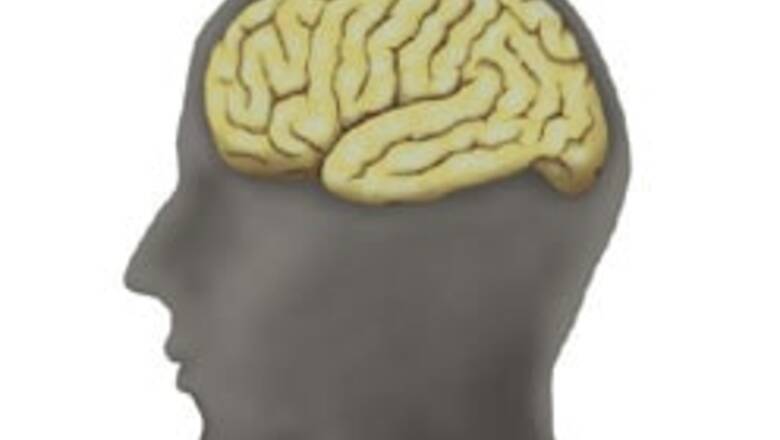
views
New York: Traumatic stress could damage the brain of a child, says a study.
Post-traumatic stress disorder, or PTSD, in a child caused by physical, emotional or sexual abuse, or by witnessing violence or experiencing lasting separation and loss can be harmful.
Victor Carrion and other researchers at the Stanford University School of Medicine and Lucile Packard Children's Hospital, US, studied 15 children from ages seven to 13 suffering from PTSD, according to the science portal EurekAlert.
This type of developmental trauma often impairs the child's ability to reach social, emotional and academic milestones.
The researchers measured the volume of the hippocampus, a part of brain important in memory processing and emotions at the beginning and end of the 12-to-18-month study period.
After correcting for gender and for physiological maturity, they found that children with PSTD and high levels of the stress hormone cortisol were likely to experience a decrease in the size of the hippocampus.
Although similar effects have been seen in animal studies, this is the first time the findings have been replicated in children.
The researchers focused on children in extreme situations to better understand how stress affects brain development.
"We're not talking about the stress of doing your homework or fighting with your dad," Carrion said
"We're talking about traumatic stress. These kids feel like they're stuck in the middle of a street with a truck barrelling down at them,” he added.
"Although everyday levels of stress are necessary to stimulate normal brain development, excess levels can be harmful," said Carrion who is the first author of the research, to be published in the March issue of Paediatrics.
"One common treatment for PTSD is to help a sufferer develop a narrative of the traumatic experience. But if the stress of the event is affecting areas of the brain responsible for processing information and incorporating it into a story, that treatment may not be as effective," the researchers said.
Carrion and his colleagues are now using an imaging technique known as functional MRI to visualise whether and how the children's brains differ when performing emotional and cognitive tasks.




















Comments
0 comment